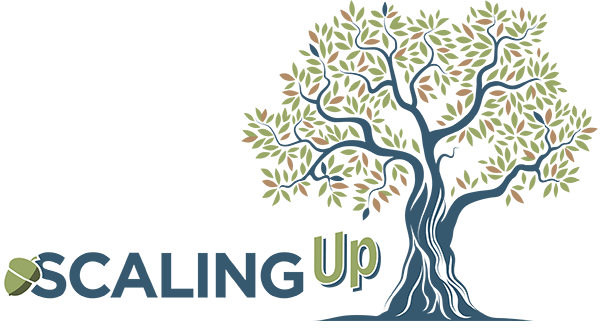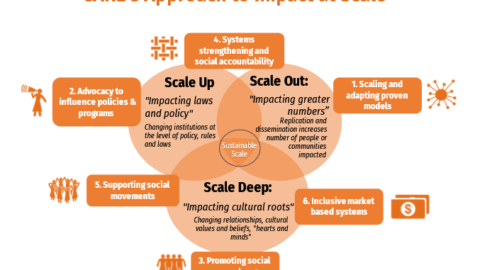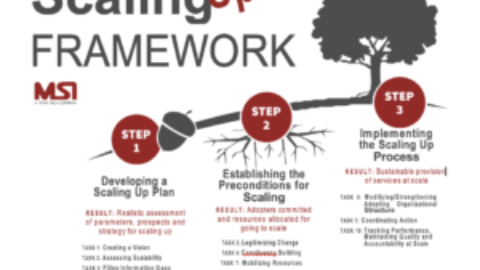By Maria Elena Mangiafico m.mangiafico@ifad.org
In striving to maximize its contribution towards the 2030 Agenda, IFAD is in the process of completing a significant portion of the major reforms foreseen in its business model. The Fund has also set its priorities in the period 2019-2021, committing to scaling up investments in mainstreaming environment and climate change, youth, gender and nutrition. In order to do so, the Fund has developed strategies and concrete action plans for each of these critical themes (linked above) and a framework for implementing transformational approaches. IFAD is also strengthening several scaling “enablers”, for example, through a new co-financing strategy and action plan, a project restructuring policy, a new knowledge management strategy, and a new private sector strategy to be approved by the Executive Board in September.
PRIME Africa (Platform for Remittances, Investments and Migrants’ Entrepreneurship in Africa), a new EUR 15.1 million program managed by IFAD’s Financing Facility for Remittances (FFR), will help maximize the impact of remittances for millions of families through innovations, partnerships and scalable products that promote, cheap and fast remittance transfers.
IFAD’s Executive Board recently approved several new Country Strategies that include scaling ambitions for the period 2019-2024. The Senegal country program will support in-country and sub-regional partner- ships for scaling up good practices and implementing pro-poor policy in rural areas. Burkina Faso aims to scale up in natural resource management practices with a focus on the resilience of small farms, sustainable land management, agro-ecology and other integrated approaches. In the Gambia IFAD will look to its strategic partnerships with government, donors and relevant private sector operators to co-finance the scaling up of the key innovations.
Recent project completion reports show interest- ing scaling up results such as: Indonesia’s Village Development Project (VDP); India’s Tejaswini Rural Women’s Empowerment Programme; Ethiopia’s Community-based Integrated Natural Resources Management Project (CBINReMP); Paraguay’s the Proyecto Paraguay Inclusivo (PPI); Ecuador’s Ibarra- San Lorenzo Corridor Territorial Development Project; Congo’s Agricultural Value Chains Support Development Programme; Central America and Dominican Republic’s Programa Diálogo Rural Regional (PDRR); and Uganda’s National Agricultural Research Organisation (NARO). Other projects, such as in Cote d’Ivoire and Nepal, did not produce such tangible results. These projects could have benefitted from concrete strategies for managing knowledge and innovations and activities aimed at facilitating scaling up.



